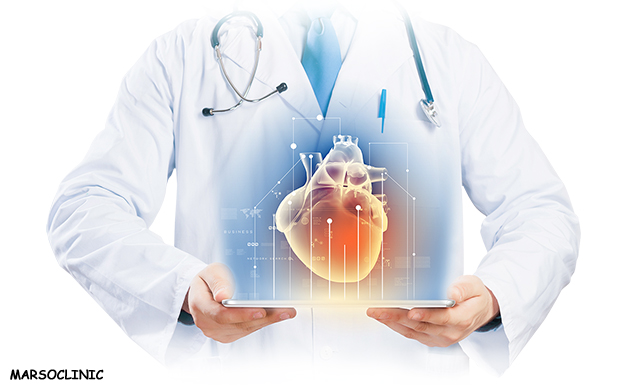Cardiac pacemakers, or heart batteries, have the ability to detect slow heart rate and prevent cardiac arrest by sending controlled electrical current.
If you also have a heart pacemaker, we will introduce you to the important nutritional tips in people with heart batteries or pacemakers. As a person with a heart problem, you cannot use high amounts of sugar and salt without control, you need to follow important nutritional tips to stay healthy.
Our doctors will continue to answer the following frequently asked questions:
What you will read next:
What is a heart pacemaker?
Pacemakers detect the slowing or stopping of your heartbeat or irregular heartbeat, and return the heart to normal function by emitting an appropriate electrical signal.
What are the types of cardiac pacemakers?
- Temporary pacemaker
- Permanent pacemakers
- External pacemakers (external pacemakers)
Pacemakers can be:
- Demand pacemaker
Or
- fixed rate pacemaker
Depending on individual conditions.
The pacemaker can be single-cavity or double-cavity.
Observe nutritional tips
Whatever your type of pacemaker is, it will be necessary to follow the nutritional tips after installing it:
- You should reduce your daily salt intake.
- You should reduce your intake of glucose and sugary foods.
- You cannot eat red meat because of its high fat content.
- We are not allowed to eat high-fat cheeses and dairy products.
- You should not eat sweets, cakes and desserts that are high in fat and sweet.
- Reducing the intake of saturated and trans fats is essential for you. These fats are found in a variety of butters and solid oils, margarine and a variety of animal oils and red meat. Harmful or trans fats include any type of fat that solidifies at room temperature.
- Avoid fried foods.
- Canned foods and processed foods are high in salt and harmful fats, avoid them.
- Stop eating fatty, salty and sweet chips and snacks.
Here are eight foods that cardiologists forbid you to consume:
- French fries, chips and fatty snacks and junk foods
- Fast foods and pizza cheese and all fried foods
- Coconut oil and butter and margarine
- Types of salted meats included:
- Types of bacon
- Types of sausages
- and all processed foods
- Stop consuming energy drinks
- Avoid excessive protein intake
- Desserts and sweets should be eliminated from your diet.
- Consider caffeine consumption according to your doctor’s supervision, there are studies that allow caffeine consumption in a person with a pacemaker, but be sure to talk to your doctor about it.
- Include green leafy vegetables and fruits in your daily diet.
Another important point is to control your blood sugar. If you have diabetes, you should keep your blood sugar balanced under the supervision of your doctor. Eating a variety of fruits and vegetables can be forbidden in diabetics. Ask how much you consume.
- Do not neglect to drink non-carbonated drinking water.
- It is best to ask your doctor about your dairy intake, but you should definitely avoid cream, ice cream and high-fat dairy products.
- Replace red meat with fish (especially sardines and salmon) and white meat in appropriate amounts and no more.
- Boil or grill snacks and avoid fried foods.
- Replace whole grain breads with white flour products.
- Nuts can have a good effect on your blood fats if consumed in small and continuous amounts, but excessive consumption of nuts is prohibited.


